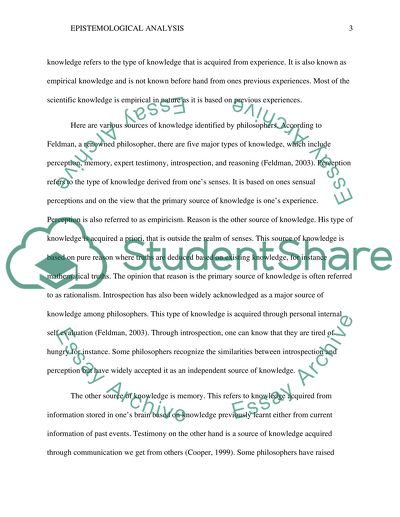Cite this document
(“Personal Exploration of Knowledge Paper-epistemological analysis Assignment”, n.d.)
Retrieved from https://studentshare.org/philosophy/1484259-personal-exploration-of-knowledge-paper
Retrieved from https://studentshare.org/philosophy/1484259-personal-exploration-of-knowledge-paper
(Personal Exploration of Knowledge Paper-Epistemological Analysis Assignment)
https://studentshare.org/philosophy/1484259-personal-exploration-of-knowledge-paper.
https://studentshare.org/philosophy/1484259-personal-exploration-of-knowledge-paper.
“Personal Exploration of Knowledge Paper-Epistemological Analysis Assignment”, n.d. https://studentshare.org/philosophy/1484259-personal-exploration-of-knowledge-paper.


